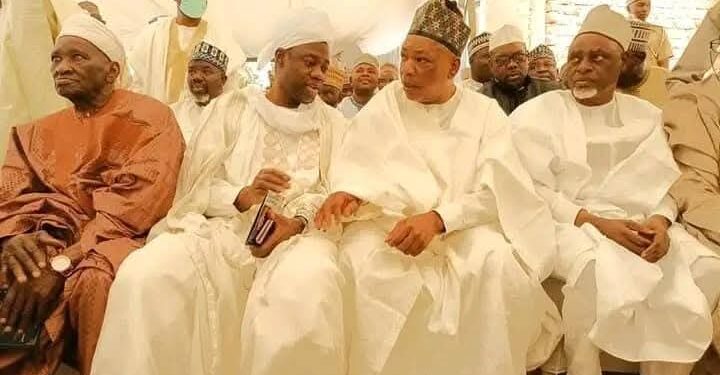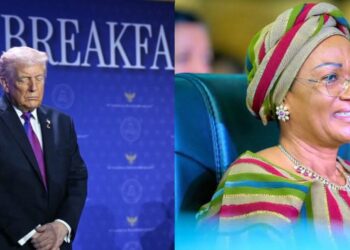
By Ibrahim Kegbegbe
Disagreements among scholars are not new, but when they threaten the unity of the Muslim community, they become matters of urgent concern. The recent rift between Sheikh Habibullah Adam Al-Ilory and Sheikh Sulaimon Faruq Onikijipa has left many Nigerian Muslims unsettled. Their once cordial relationship, built on knowledge, mentorship, and shared values, has now turned into a public dispute that risks dividing their followers and causing unnecessary tension.
The importance of their reconciliation cannot be overstated. Both scholars are revered figures in the Nigerian Islamic space, with Sheikh Habibullah leading Markaz Agege—one of West Africa’s most respected Arabic and Islamic institutions—and Sheikh Onikijipa holding the esteemed position of Mufti Diyar of Ilorin. Their influence extends beyond Ilorin and Lagos, reaching thousands of students and followers across the country. A continued feud will only sow discord where unity is needed most.
Islam teaches peace, understanding, and brotherhood. The Prophet Muhammad (peace be upon him) himself emphasized the urgency of resolving conflicts among believers, warning against prolonged disputes that could weaken the community. If these two scholars, who were once close, allow their differences to fester, it sends a troubling message to their followers—one that contradicts the very essence of their teachings.
Furthermore, history has shown that divisions among scholars often weaken institutions and derail collective progress. Markaz Agege, founded by the late Sheikh Adam Abdullahi Al-Ilory, has a legacy of producing distinguished scholars committed to Islamic propagation. Sheikh Onikijipa is a proud product of this institution, and his continued respect for Sheikh Habibullah should reflect that legacy. Likewise, Sheikh Habibullah should recognize Sheikh Onikijipa’s contributions to Islamic knowledge and the Ilorin Emirate. Their reconciliation will not only uphold the honor of Markaz but also reinforce the Emirate’s standing as a beacon of Islamic scholarship.
The Emir of Ilorin, Alhaji Ibrahim Sulu-Gambari, must now step in as a mediator. His position as a custodian of Ilorin’s Islamic heritage places him in the best position to restore peace between these two revered clerics. Let it not be said that a disagreement between two scholars led to disunity among the Muslim Ummah in Nigeria.
More than ever, the Muslim community needs their wisdom, their leadership, and their unity. It is time for Sheikh Habibullah and Sheikh Onikijipa to set aside their differences, remember their shared history, and embrace the spirit of brotherhood that Islam demands of them. Their reconciliation will not be a sign of weakness but a testament to their strength as leaders of faith.

















